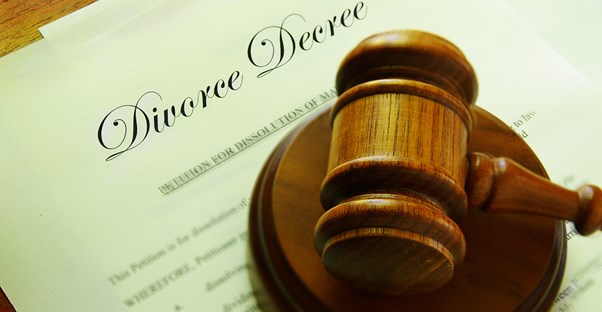Questions Your Divorce Lawyer May Ask

When you are filing for divorce, it is important to hire a great lawyer to support you. You should always invest in the services of a lawyer who has had experience in handling divorce cases. Before you meet with a lawyer, you should know that it is his or her job to ask questions about your case. Your lawyer will need to investigate the circumstances surrounding your case to best assist you. Below are some of the common questions you should be prepared to answer.
What are your assets?
A divorce attorney will likely want to know information about your assets. In the event that a spouse rejects a post-marital agreement, a court will determine how possessions will be distributed in your case. An attorney can help you prepare for an equitable distribution of these assets and help you understand the process. You may also be asked about your spouse’s assets. Your lawyer will want to be prepared in the event that your spouse requests a payment of alimony.
Why are you getting a divorce?
Divorce attorneys may also want to understand some background information about the reason for your divorce. If you and a spouse split up on poor terms, the divorce attorney can help you prepare for your case. He or she can also try to create an amicable setting in which you can negotiate with your spouse. A divorce attorney may want to be aware of any marital misconduct such as adultery, addiction, and domestic abuse. If you or your spouse has engaged in marital misconduct that results in a loss of money or other assets, the offending party may have to pay for its actions.
How will child care be handled?
If you and your spouse are parents, divorce attorneys will also ask about child care. Divorce custody law is complicated, so you definitely want your lawyer involved. Abusive behavior will likely result in the opposite parent receiving sole custody. A divorce attorney may also try to help you create a separate child custody agreement with your spouse before going to court. You should also be prepared to discuss any addictions that either parent may have. If a parent is addicted to drugs, the court may find it in the best interest of the child to award sole custody to the other parent.





